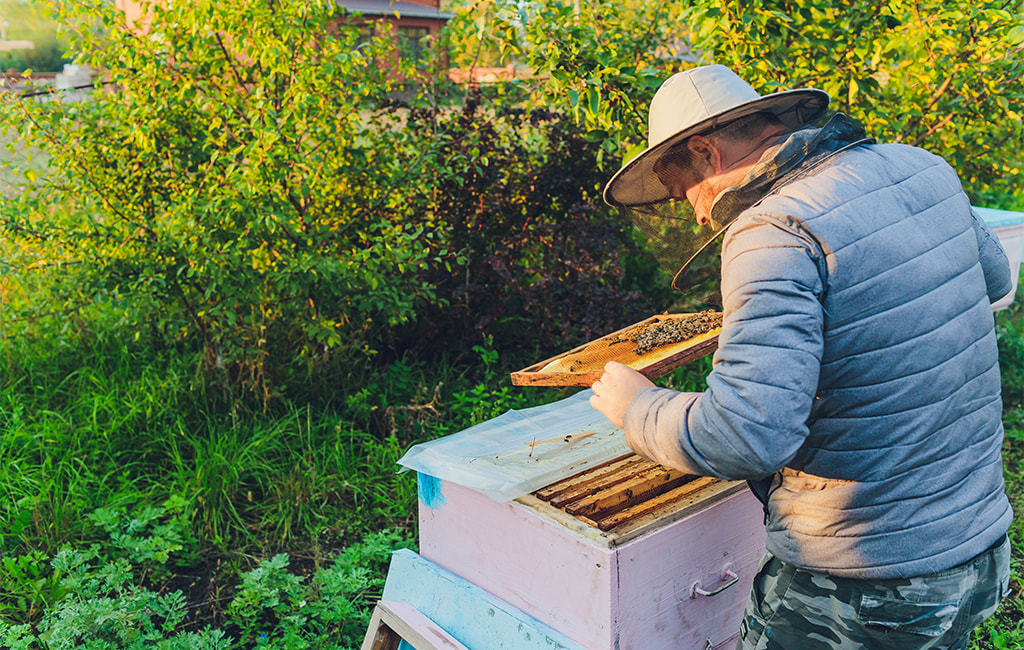As days progress from sweet spring to arid summer and we unfortunately graduate from climate change to climate crisis, with intense heat waves across the globe, forest fires have become increasingly common.
Across India too, in the last few years, the forest cover has shrunk substantially due to forest fires. In Karnataka alone, over 4000 forest fire alerts were recorded in the last two months.
Forest fires due to natural causes are not very uncommon. However, what is concerning is the jump in the numbers in recent years.
Between November 2020 to June 2021, the state reported 5,784 cases of forest fires which has jumped 36% compared to 2019.
In the last two years, the state has lost 65 square kilometres of moderately dense forests.
Forest fires have a series of repercussions. It does significantly contribute to habitat loss, not to mention loss of wildlife. Indigenous vegetation is also lost in the process that has its own impact on the economy. Blazing fire not just disrupts the functioning of the forest, it also engulfs the homes and farmlands of villagers. The economic loss is huge and the burden of it cripples poor people to an extent that they have to find alternate livelihood sources in far off land.
Fire travels from one spot to another with heavy wind. So, as much as some people believe that they are safe from forest fire, they are far from being safe. Once a fire starts, it is unpredictable.
Apart from livelihood issues, loss of life and the fear of fire, the carbon dioxide emission from the forest fire wreaks havoc on the already fragile planet. Air pollution increases which means more unhealthy lungs to be treated. The domino effect of climate change can now be noticed easily. As we battle various factors related to climate change and work on mitigation factors like afforestation, once wildfire starts, the entire effort of afforestation turns futile. What is planted this year adds to the pyre the next year during forest fires.
Most of the forest fires that are reported are man-made. To douse the fire, the amount of water that is needed can easily and otherwise be used for agricultural purposes. In an already water starved nation, diverting precious water to douse the fire means a large part of the population is devoid of this important resource.
There are many ways to make sure that forest fires don’t start in the first place and in case they do, there are ways to make sure they don’t spread to a point where it becomes almost impossible to douse the fire and the only option remaining is to hope for rains to pour and kill the fire.
Some of the effective ways (though not limited to) that many countries have adopted to combat forest fires are:
- Don’t ignite fire where dry leaves and dry grass are in the vicinity
- Report fire when found unattended
- Put down any fire that was started till the last shred of grass is doused.
- Do not throw lit cigarettes from moving cars. Wind might blow it to a place where fire can be easily ignited.
- Keep vehicles off dry grass
- Comply with local laws and regulation.
- Douse fire even if it is a slight spark
- Minimize your individual and collective carbon footprint. Even if the fire is not man made, with rising temperatures, forest fires are unavoidable.
We all have to collectively work towards making sure that our actions don't add to the burden to this already delicate earth. We are all walking on eggshells now. Catastrophe after catastrophe has left all of us vulnerable to climate change. Protecting the earth is no longer a job of an individual but a collective and conscious effort.
At the GoodLiving Trust, we aim, strive and work towards protecting the planet by working with nature and not against it.
Most Viewed Posts

Buzzing Towards Sustainability: Honeybee Cultivation in Sulikunte
Read More
Little Hands, Big Impact Afforestation Drive with Kids at Chennaveranahalli
Read More
Sacred Flow Cleanup Campaign A Landmark in Sacred Environmental Action
Read More
Growing Green Minds A Plastic Free Session at Chennaveeranahalli High School
Read More
Towards a Cleaner and Greener Future
Read MoreCategories
23
1
Leave a Comment